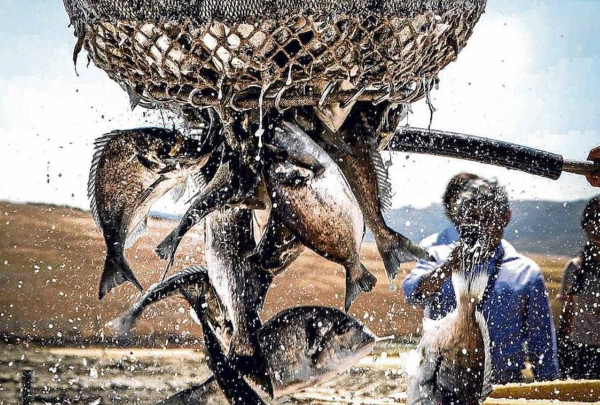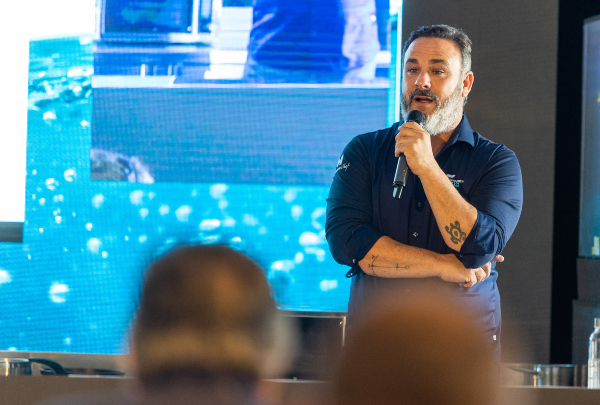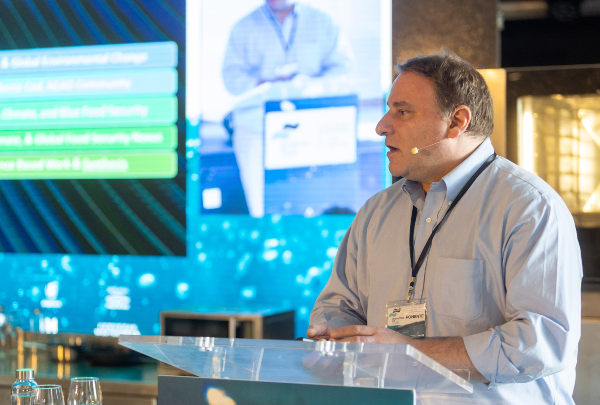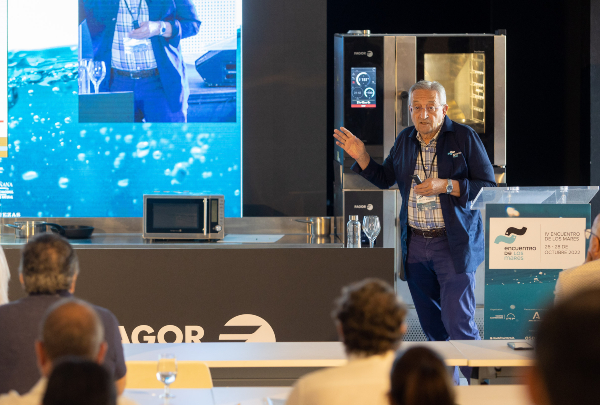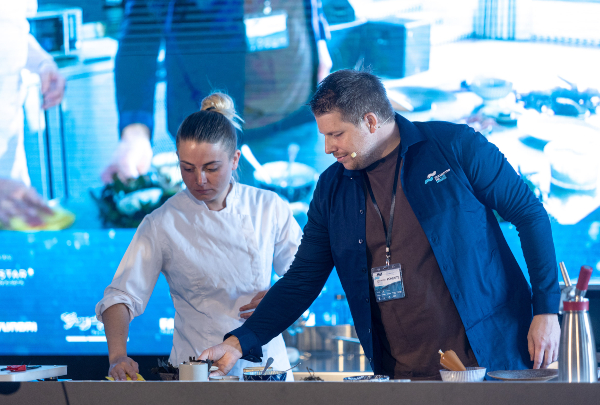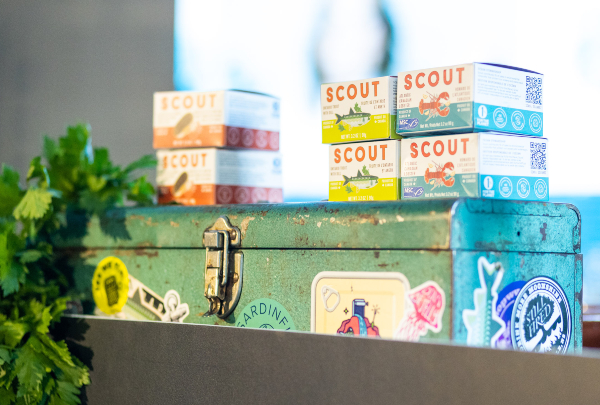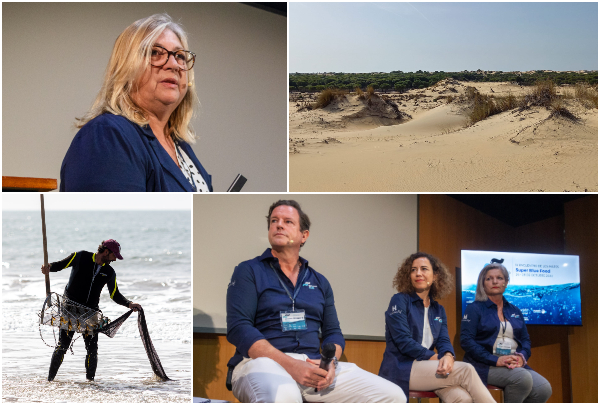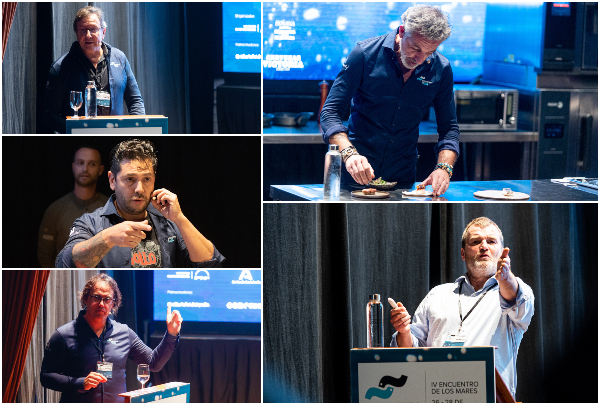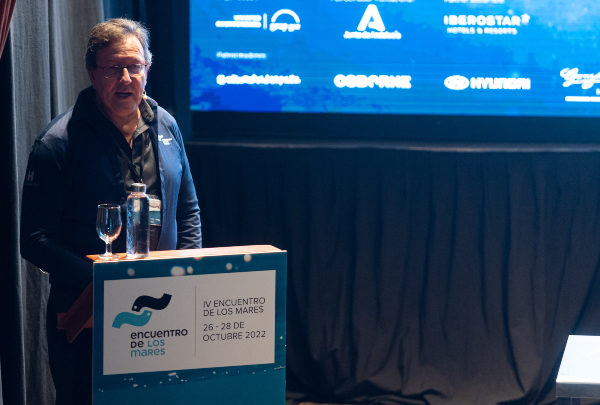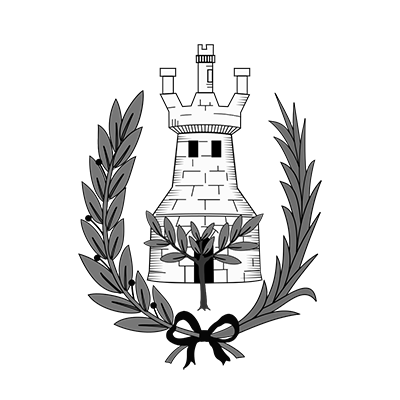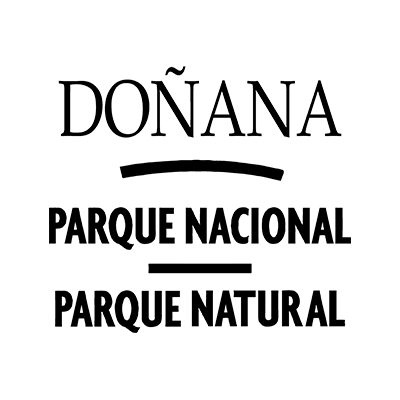News
The 4th Meeting of the Seas showcases the mussel as the sea's super food
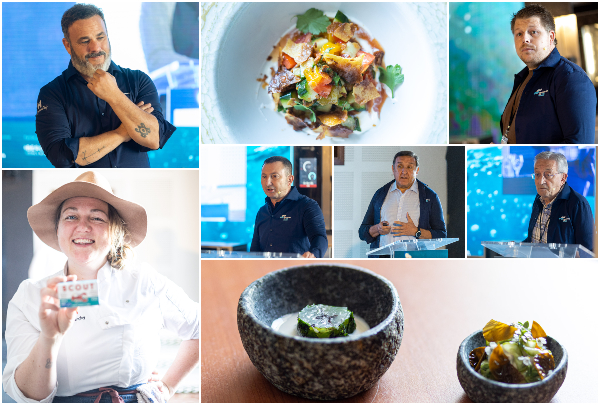
The bivalve with a faint environmental footprint and high protein value, at a price that has not risen in recent years ticks all the boxes as the best blue super food.
“Joining together so that by the year 2050 the seas can regenerate if we all do what we have to do”. This was the foundational goal of Meeting of the Seas, and it has been adhered to during its fourth round, which finished up on Friday in Chiclana de la Frontera with an insight into “super blue foods” which, according to biologists, researchers, chefs and major operators in the fishing industry, will be a key component of world food.
This was one of the ideas heard most often during the 4th Meeting of the Seas, which was wound up by the Andalusia Regional Government's representative in Cádiz province, Mercedes Colombo, most pleased with the outcome of the congress on her own turf, Cádiz, “a congress supporting gastronomy and sustainability", along with the head of Vocento's Gastronomy division. Benjamín Lana asked congress-goers and attendees to come back next year to "make this a great community and continue to exchange opinions and relations, the event's leitmotiv", "the world's best congress for this reason", according to Javier Garat, “the person with the most influence on the fishing world in Spain and Europe", in the words of Ángel León. Cross-definitions as an example of the relations at Meeting of the Seas.
Organised by Vocento's Gastronomy division, alongside Andalusia's Regional Government as institutional sponsor, and Iberostar Hotels & Resorts as sustainable partner, this year the congress travelled around the provinces of Huelva and Cádiz, from Ayamonte to Chiclana, stopping off in Doñana and crossing the border to Portugal too for lunch at the Vistas restaurant. A total of 18 activities were organised at eight different venues on a trip spanning almost 800 km, with six lunches and dinners featuring 60 different recipes. The chefs who cooked and talked: Xanty Elías, Juanlu Fernández, Diego Gallegos, Pepe Solla, and also Pedrito Sánchez and Ángel León, who cooked together for the first time ever on Thursday.
Ángel León and promotion of cast-off fish
The chef of Aponiente*** (El Puerto de Santa María) was one of the speakers at the last session, again making a stand for cast-off fish in a bid to secure a "balance in the sea". León dwelt on his work with this kind of fish, and made a stand for it, "but not only at the restaurant. I want to reach out to society, to make cast-off fish an option on supermarket shelves. It will come about in a few years", he predicted.
The Cádiz chef did not mention the algae he has usually been keen to promote. One of the international chefs at the congress did so. Nicolai Ellitsgaard, chef at the Norwegian underwater restaurant Under* (Lindesnes), recreated the enormous biological and gastronomic variety of the Norwegian seas on stage, and explained how he uses the structure of his restaurant for molluscs and algae to grow on it. “We don't just have salmon in Norway", and that is why a large portion of his offer is to showcase other species, including algae.
The mussel, "THE" super food
Working with all the sea's species, an idea that was discussed throughout the congress, focusing on the fishing of species that can do most for the human body and mitigate global hunger. This brings in marine super foods, "affordable foodstuffs with a high nutritional value, and beneficial to human and environmental health", as Carlos Duarte explained, the congress's scientific director, and he named them too: sea urchins, anemones, sardines, abelones, oysters, macroalgae, and most especially mussels, the focus of work by Galician scientist Uxío Labarta, marine biologist with the CSIC research centre who is working to promote the mussel as "our super food with a faint environmental footprint and high protein value, at a price that has not risen in recent years". Labarta was also awarded the congress's Sartún Prize on Thursday.
Another super food is the sea anemone, discussed on Friday by gatherer José Pérez, who nevertheless spoke out against the Asian algae blight that "has done away with sea anemones in Cádiz and may do the same with the entire range of marine biodiversity", or the myctophids presented by marine biologist Susana Agustí, "the planet's most abundant vertebrate, living at depths of between 200 and 1,000 metres, with a high nutritional value", although fishing this species "may alter other major sea cycles".
Problems in fishing and Spanish tuna fleets
Solutions and debate; new possibilities, such as those presented by aquaculture instead of fishing, whose representatives raised their voices at the Meeting of the Seas for them to be taken into account because otherwise "the sector might disappear after two generations". A message was also sent out to assist the Spanish and European tuna fishing fleet, which "cannot compete price-wise with other fleet which do not meet employment or environmental quality standards", as claimed by the director of the Organisation of Large Frozen Tuna Ships' Associate Producers, Julio Morón. To this end he called for more communication, to enable consumers to demand their quality and respect for the environment.
Canadian cans
Morón rounded off his talk by criticising the fact that "legislation asks for information on everything concerning fish from fisheries, but not for canned fish. We want them to do this, so that consumers know more about it when they choose a can". Canadian Charlotte Langley homed in on cans and their benefits too. A chef for over 20 years and a sea produce enthusiast, Langley pondered the issue of how to popularise the consumption of fish and sea food, and also how to do this sustainably. She found the answer in preserves and founded Scout, the leading sustainable sea food canning business in Canada and the US. "Cans are a fantastic way of making a product with a high nutritional value available to the general public".
The 4th Meeting of the Seas also featured a scientist at the Institute of Marine Research in Bergen (Norway), Michael Bank, who presented a number of studies on global environmental, change, blue foodstuffs and the problems of contaminants, with a collection of signatures at the behest of the gatherer Pérez, for Andalusia's Regional Government to take action against the invasion of the Asian algae to preserve biodiversity. Ángel León was the first to do so. “We all have to contribute to global maintenance”. That is the idea behind Meeting of the Seas. The idea will be reinforced again in 2023.
